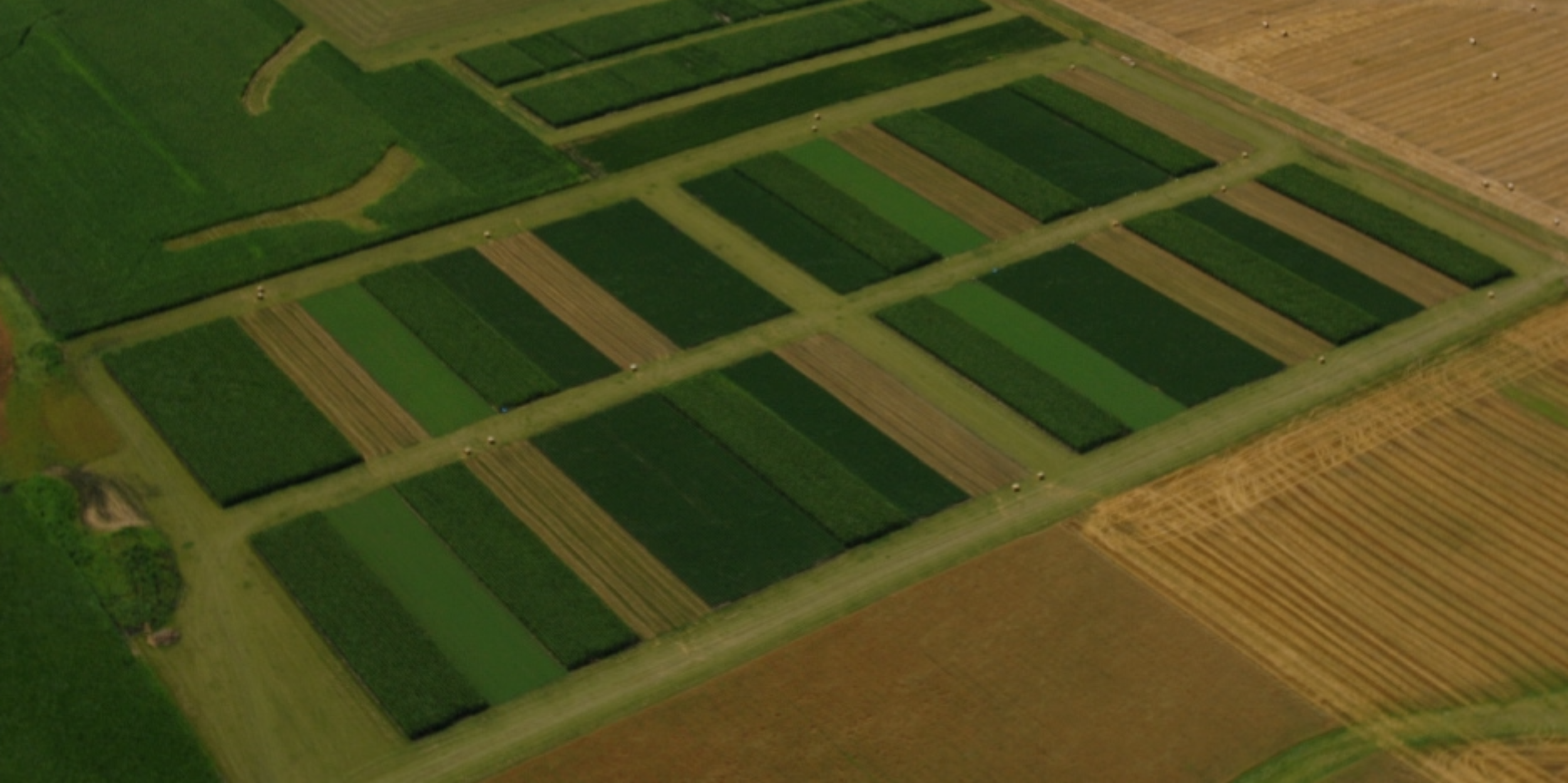Marsden Farm Long-term Rotation Study
The Marsden Farm Experiment was established in 2001 at the Iowa State University Marsden Farm in Boone County, IA, to study how cropping system diversification and crop-livestock integration affect multiple components of agricultural sustainability. Three systems have been compared within the experiment: i) a 2-year maize/soybean rotation, ii) a 3-year maize/soybean/oat+ red clover rotation, and iii) a 4-year maize/soybean/oat + alfalfa/alfalfa rotation. The 3-year and 4-year systems have periodically received cattle manure. The overall goal of the experiment is to understand the effects of the different cropping systems on productivity, profitability, and environmental quality. The experiment has been supported with a series of USDA NIFA grants. Initially the focus was on weeds, then economic and environmental impacts, then soil properties. More recently, the focus has been on understanding how different rotation systems affect (1) soil microbial communities, (2) soil C dynamics, and (3) soil physical properties.
Producer relevance
The experiment represents cash-grain and grain-forage production systems. Most producers in the area would employ the simplest crop rotation (control). The more complex crop rotations represent aspirational treatments that most farmers in the area currently do not employ.
Expected benefits
Experimental treatments were initially selected to influence weed population and community dynamics.
Local stressors
The expected climate change-related stressors in the area are: Droughts, Extreme precipitation events, Floods.

An aerial view of the Marsden Farm plots.

Ground-level view of Marsden Farm plots. From front to back: red clover, soybean, and maize.

Spring oats in the Marsden plots. The golden color indicates they will be ready to harvest soon.